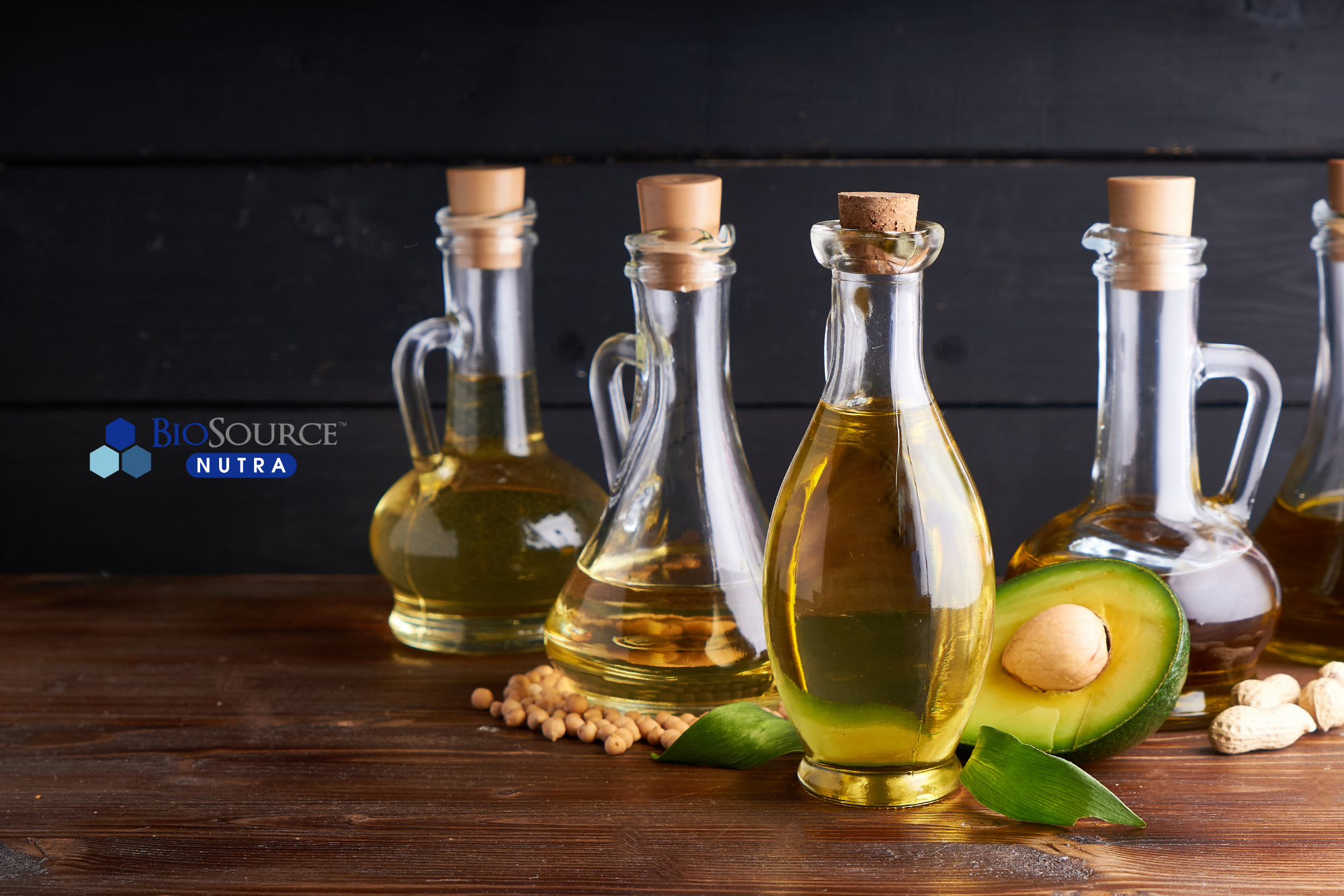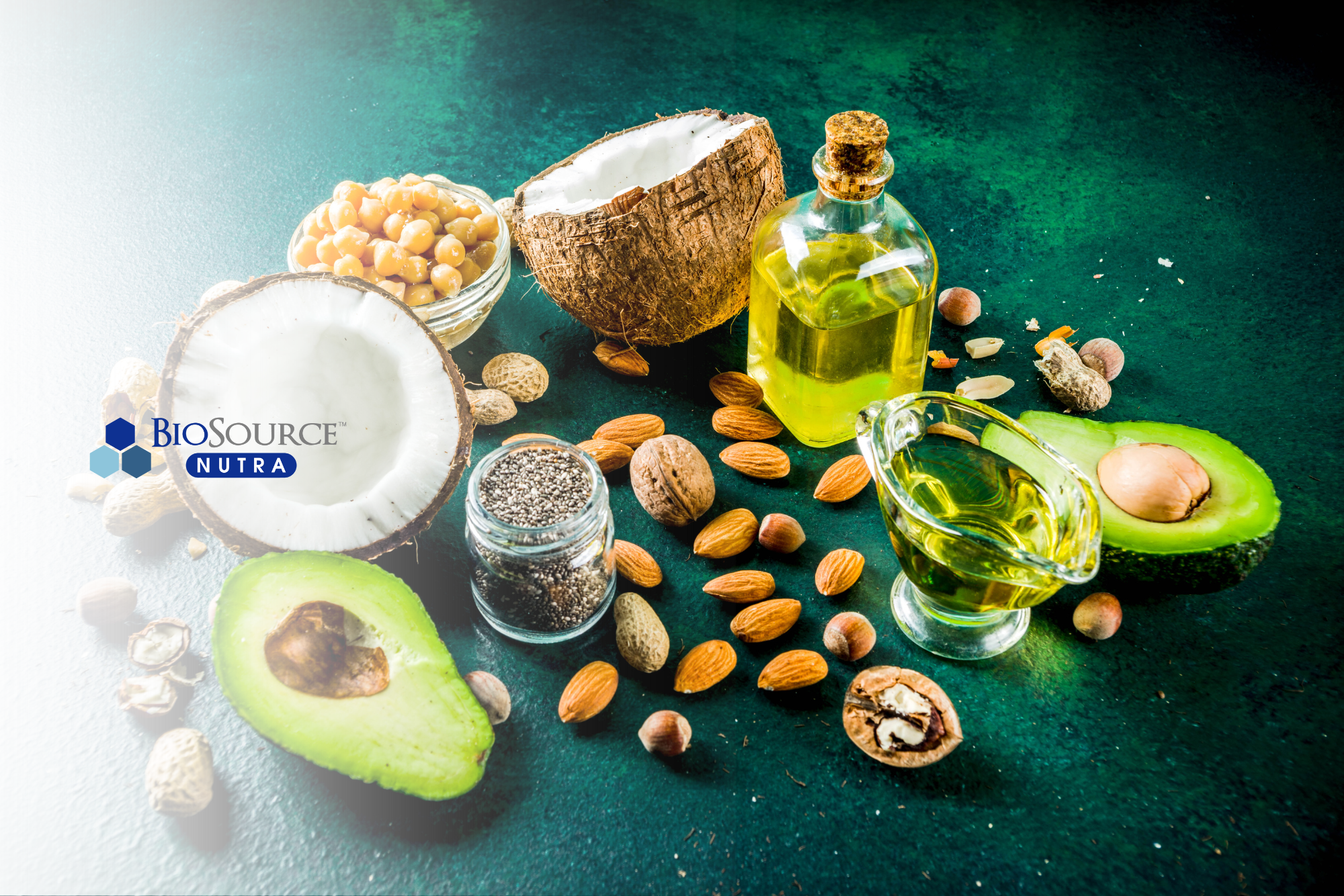The Oil Swap: Unhealthy vs. Healthy Cooking Oils Explained

Cooking oils are a necessity in our diets, but some are healthier options than others.
Cooking oils are a staple in kitchens around the globe, playing a pivotal role in both the nutritional value and the flavor profile of our meals. Yet, not all oils are created equal, with some offering health benefits and others posing risks. This article aims to shed light on the critical differences between unhealthy and healthy cooking oils, providing you with the knowledge needed to make informed decisions. By understanding these distinctions, you can enhance your diet, support your overall health, and take a step towards more mindful culinary practices.
Understanding Cooking Oils
Cooking oils, extracted from fruits, seeds, nuts, and grains, are a diverse group of fats that have found their place in culinary traditions across the globe. From the olive groves of the Mediterranean to the coconut palms of the tropics, each oil brings a unique set of flavors and nutritional profiles to the table. In terms of nutrition, these oils are not just a source of energy; they can be rich in essential fatty acids, vitamins, and antioxidants that are vital for maintaining good health. Similarly, the choice of oil can dramatically influence the taste, aroma, and even texture of food, making it an essential element for crafting delicious dishes. By exploring the wide variety of cooking oils available, we can begin to appreciate their role not just as a cooking necessity but as a key ingredient that enhances both the healthfulness and enjoyment of our meals.
Unhealthy Cooking Oils
Unhealthy cooking oils are typically characterized by their high levels of refined fats and an imbalance favoring omega-6 fatty acids, which, when consumed in excess, can lead to various health issues. These oils often undergo extensive processing to enhance flavor, stability, and shelf life, but this refining process can strip away beneficial nutrients and introduce harmful compounds. The predominance of omega-6 fatty acids, relative to omega-3s, in these oils can contribute to systemic inflammation, a root cause of many chronic diseases. Regular consumption of such oils has been linked to increased risks of heart disease, stroke, and other inflammatory conditions.
Examples of oils that fall into this category and are best consumed minimally or avoided include certain vegetable oils like soybean, corn, and palm oil, particularly when they are heavily refined. These oils are omnipresent in processed foods, making it essential for consumers to read labels carefully and opt for healthier alternatives whenever possible. By being mindful of the oils we incorporate into our diets, we can take a significant step towards mitigating these health risks and promoting overall well-being.
Healthy Cooking Oils
Contrasting their unhealthy counterparts, healthy cooking oils are celebrated for their rich content of monounsaturated and polyunsaturated fats. These "good fats" are crucial for maintaining heart health, supporting healthy cholesterol levels, and reducing inflammation throughout the body. Unlike refined oils, healthier options often undergo minimal processing, retaining more of their natural nutrients, including antioxidants and vitamins that are essential for overall well-being.
The benefits of incorporating these oils into your diet are manifold. For instance, monounsaturated fats, found abundantly in olive oil, are known for their ability to improve heart health by lowering bad cholesterol levels. Polyunsaturated fats, including omega-3 fatty acids present in flaxseed and walnut oils, are pivotal in reducing inflammation and promoting brain health.
Examples of healthy cooking oils include olive oil, known for its heart-protective properties; avocado oil, which boasts a high smoke point and nutrient-rich profile; and coconut oil, cherished in many cultures for its unique flavor and health benefits. These oils, derived from nuts, seeds, and fruits, offer a wholesome alternative to their refined counterparts, enabling you to enrich your diet with flavors that are as nutritious as they are delicious.

Oils derived from healthy fats such as coconuts, avocados, and nuts have healthier nutritional profiles than other options.
Making Informed Choices
Selecting healthier cooking oils is a key step towards enhancing your dietary habits and overall health. When shopping for oils, it's crucial to look for labels such as "cold-pressed," "extra virgin," and "unrefined." These terms indicate that the oil has undergone minimal processing, preserving its nutritional content and natural flavors. Cold-pressed oils, for instance, are made using a method that applies low heat, ensuring that the oil's beneficial compounds remain intact.
The smoke point of an oil — the temperature at which it begins to smoke and break down — is also an important consideration, especially when it comes to cooking methods. Oils with higher smoke points, like avocado and almond oil, are ideal for frying and sautéing, whereas oils with lower smoke points, such as extra virgin olive oil, are better suited for dressing and low-heat cooking. This not only ensures the health benefits of the oils are preserved but also maintains the quality of your dishes.
Gradually integrating healthier oils into your cooking is easier than you might think. Start by substituting unhealthy oils with healthier alternatives in your favorite recipes. Experiment with different oils to discover which ones you prefer for salad dressings, baking, or stir-frying. Remember, moderation is key; even the healthiest oils are high in calories, so mindful consumption is important for maintaining a balanced diet.
Oil Swap Recipes
Switching to healthier cooking oils is a delicious opportunity to enhance the nutritional value of your meals without compromising on taste. Below, you'll find easy-to-follow recipes that make use of these beneficial oils, each adding a unique flavor and health benefits to your daily diet.
Olive Oil Lemon Dressing
Ingredients:
- 1/2 cup extra virgin olive oil
- 1/4 cup fresh lemon juice (about 2 lemons)
- 1 clove garlic, minced
- 1 teaspoon Dijon mustard
- Salt and freshly ground black pepper, to taste
Instructions:
- In a small bowl, whisk together the lemon juice, minced garlic, and Dijon mustard.
- Gradually add the olive oil, whisking continuously until the mixture is well emulsified.
- Season with salt and pepper to taste.
- Serve over your favorite salad greens or use as a marinade for chicken or fish.
Avocado Oil Mayonnaise
Ingredients:
- 1 large egg yolk, at room temperature
- 1 teaspoon water
- 1 teaspoon lemon juice
- 1 cup avocado oil
- Salt to taste
- Optional: 1/2 teaspoon Dijon mustard for added flavor
Instructions:
- In a medium bowl, combine the egg yolk, water, and lemon juice (and mustard if using), whisking until well blended.
- Slowly drizzle in the avocado oil while continuously whisking, until the mixture thickens and emulsifies.
- Once all the oil has been incorporated and the mayonnaise is thick, season with salt to taste.
- Store in an airtight container in the refrigerator for up to one week.
Coconut Oil Chocolate Chip Cookies
Ingredients:
- 3/4 cup coconut oil, solid but scoopable
- 1 cup brown sugar, packed
- 1/2 cup granulated sugar
- 2 eggs
- 2 teaspoons vanilla extract
- 2 1/4 cups all-purpose flour
- 1 teaspoon baking soda
- 1/2 teaspoon salt
- 2 cups chocolate chips
Instructions:
- Preheat your oven to 375°F (190°C) and line a baking sheet with parchment paper.
- In a large bowl, beat together the coconut oil, brown sugar, and granulated sugar until creamy.
- Add the eggs, one at a time, beating well after each addition, then stir in the vanilla extract.
- In another bowl, whisk together the flour, baking soda, and salt.
- Gradually add the dry ingredients to the wet ingredients, mixing until just combined.
- Fold in the chocolate chips.
- Drop by rounded tablespoonfuls onto the prepared baking sheet.
- Bake for 8-10 minutes, or until the edges are lightly golden. Allow to cool on the baking sheet for a few minutes before transferring to a wire rack to cool completely.
These recipes are designed to guide you in making delicious, health-conscious choices with your cooking oils. Enjoy experimenting with these healthier alternatives and discovering new ways to enrich your meals.

Choosing which oil to use is a decision that not only affects the flavor and nutrition of your meals, but it can impact our environment.
Sustainability and Environmental Impact
The production and consumption of cooking oils have significant environmental footprints, from land use and water consumption to greenhouse gas emissions. However, not all oils have the same impact, and choosing sustainable options can play a critical role in reducing our ecological footprint.
Sustainable oils are those produced in ways that are mindful of environmental health, conserve resources, and minimize chemical usage. For instance, organic olive oil is produced without the harmful pesticides that can contaminate soil and water. Similarly, oils like coconut and palm oil can have a profound environmental impact due to deforestation and habitat destruction, but choosing products certified by organizations such as the Roundtable on Sustainable Palm Oil (RSPO) ensures support for sustainable practices.
By opting for oils that are responsibly sourced and produced, consumers can contribute to the preservation of ecosystems, support fair labor practices, and reduce pollution. Here are a few tips for making eco-friendly oil choices:
- Look for certifications: Organic, Fair Trade, and RSPO are indicators of sustainable practices.
- Consider the source: Opt for oils that have a lower environmental impact, such as those requiring less water or land to produce.
- Reduce consumption: Even the most sustainably produced oil has an environmental cost, so use oils sparingly and wisely.
Supporting eco-friendly and sustainable oil choices is not just about what we consume but how we contribute to the global effort to protect and preserve our environment. By making informed decisions about the oils we use in our kitchens, we can take a step towards a more sustainable future for all.
In navigating the vast landscape of cooking oils, understanding the difference between unhealthy and healthy options is crucial for making choices that support our well-being. This journey from identifying the harmful effects of certain oils to embracing the benefits of healthier alternatives illuminates a path towards improved health and nutrition. By integrating practical tips and making informed selections, we not only enrich our diets but also contribute to our overall health, reducing the risk of chronic diseases and enhancing our quality of life.
We encourage you to make the swap to healthier oils, embracing the flavors and benefits they bring to your culinary creations. Let this change be a step towards a more nourishing lifestyle, where each meal reflects your commitment to well-being. To support you on this journey, join our community group, where you'll find a network of like-minded individuals eager to share recipes, tips, and motivation. Together, we can inspire and uphold a healthier, more sustainable way of living, one choice at a time.
For more information on nutrition and a healthy lifestyle, check out these articles:
Beyond the Scale: Hidden Benefits of Metabolism-Boosting Foods
The Top 5 Foods to Supercharge Your Metabolism
B-Complex Vitamins for Stress Management: A Guide for High Performers
